Key Efforts for Building the Federal AI Talent Pipeline

Agencies across the federal government are focusing on developing the in-house expertise and technical workforce necessary for advanced artificial intelligence projects.
Speaking at the GovCIO Media & Research AI Workforce event, representatives from the departments of Veterans Affairs and Homeland Security discussed how their organizations are working to create the training and recruitment programs needed to integrate artificial intelligence, automation, and machine learning within their core missions.
Long serving as a leader in public sector health care and biomedical research, VA has also taken considerable steps to develop an artificial intelligence program that supports this core aspect of its mission. This has included the recruitment of data science experts, with the agency creating new positions that allow specialists to serve as a core driver of these initiatives.
“There have been a number of developments that we’ve been working toward and piloting to improve AI workforce development. One is around piloting a new data scientist position that essentially focuses on skills instead of only focusing on [academic] degrees which enables us to recruit a number of different individuals,” said Dr. Gil Alterovitz, director of the VA National Artificial Intelligence Institute (NAII).
VA has also been working on a cross-governmental effort of developing talent and hiring pipelines that would bring experts into agencies looking to oversee their own applied AI programs.
“We’ve been working toward building pathways toward developing and assessing AI knowledge. Through the TEAMS effort — the Talent Education Assessment Management System, which is a cross-government effort — we’re working with a number of other agencies. The idea there is to build that pipeline of talent with AI knowledge, both from outside government and inside the government, so that the result of that would be an agile and responsive federal workforce,” Alterovitz said.
One of the essential standards that federal agencies are using to guide their AI workforce development is through hiring recruitment and training programs directly to mission-focused outcomes.
“At CISA, we have something that’s called the Strategic Technology Roadmap. We’ve got an overview that is a bottom-up derivation of what our technology requirements are. AI obviously figures prominently as one of the critical enablers in our mission space. But we don’t look at technology to adopt into our mission just for technology’s sake, we look at how it impacts our ability to meet our mission, how it’s being adopted by our stakeholders, and how our adversaries potentially are able to leverage it,” said Martin Stanley, branch chief for strategic technology at the Cybersecurity and Infrastructure Security Agency (CISA).
While artificial intelligence and automation are helping expedite certain processes, including the management of repetitive tasks, leadership across both government and the private sector do not see these capacities as replacement for human workers and the critical input and knowledge they provide they provide.
“We are on an upward trend toward automation across all sectors … we’ve seen a mix of staff augmentation essentially giving tasks to machines and tasks to humans based on their respective strengths. For instance, humans are incredible at pattern recognition, but very poor at follow up and repetitive tasks. This same augmentation is making its way into the knowledge-based workforce. A researcher at NIH who maybe had a large PC under their desk five years ago and spent frustrating hours patching and managing dependencies and working with new tools can now sit down with a browser and access a data science environment where all that mess has been resolved for them,” said Ben Cushing, chief architect for federal health at Red Hat.
This is a carousel with manually rotating slides. Use Next and Previous buttons to navigate or jump to a slide with the slide dots
-
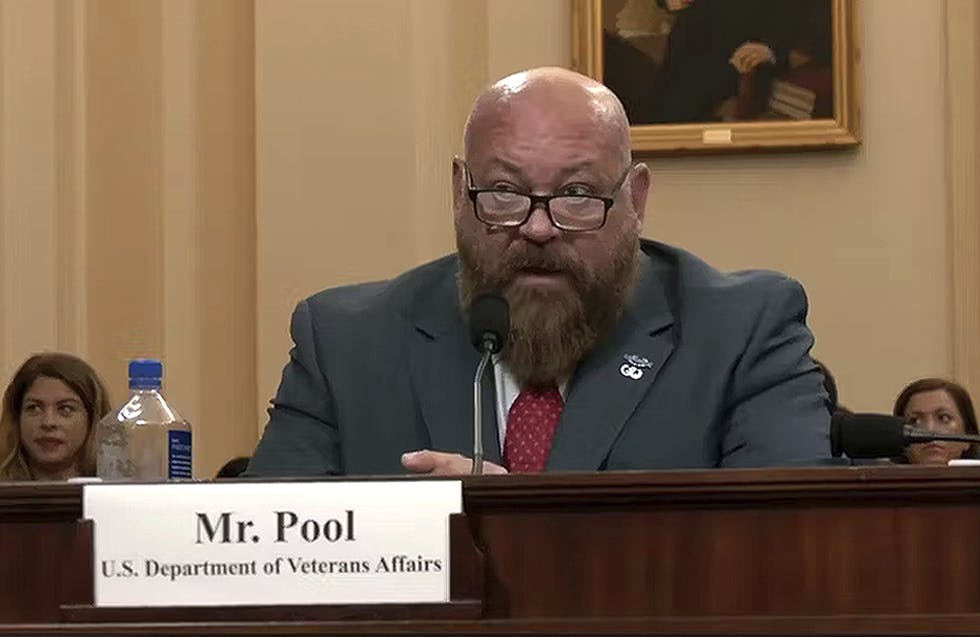
VA CIO Targets Modern IT and Smarter Workforce Alignment
Agency leaders told lawmakers they are focused on trimming legacy systems and restructuring its workforce to streamline operations.
3m read -
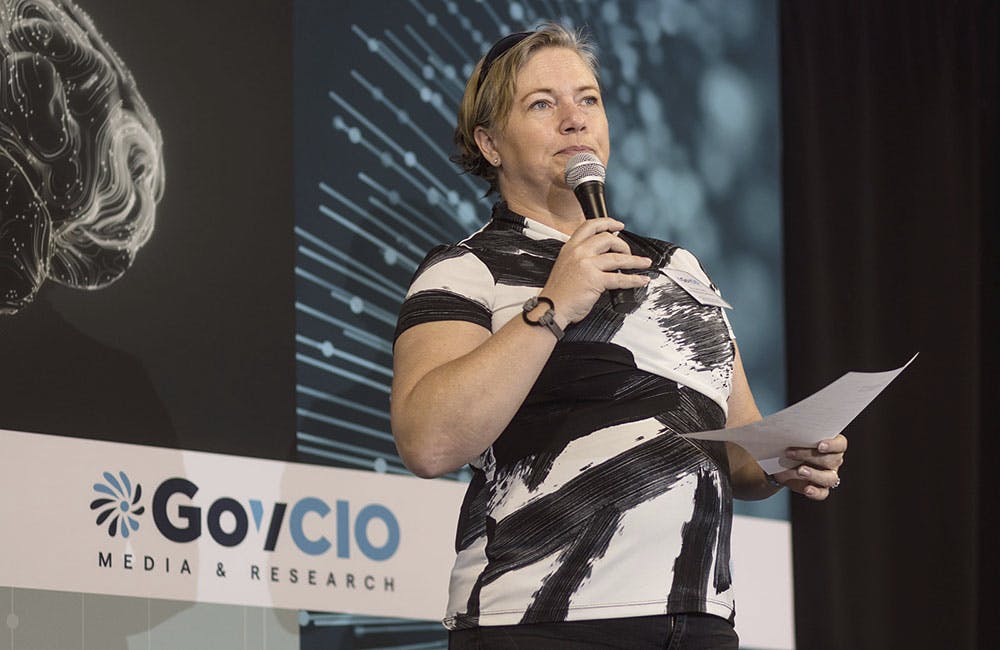
Pentagon's $200M AI Contracts Signal Broader Effort to Transform Talent
The Army is leveraging Silicon Valley, reservist programs and new hiring strategies to integrate critical digital skills in its ranks.
5m read -
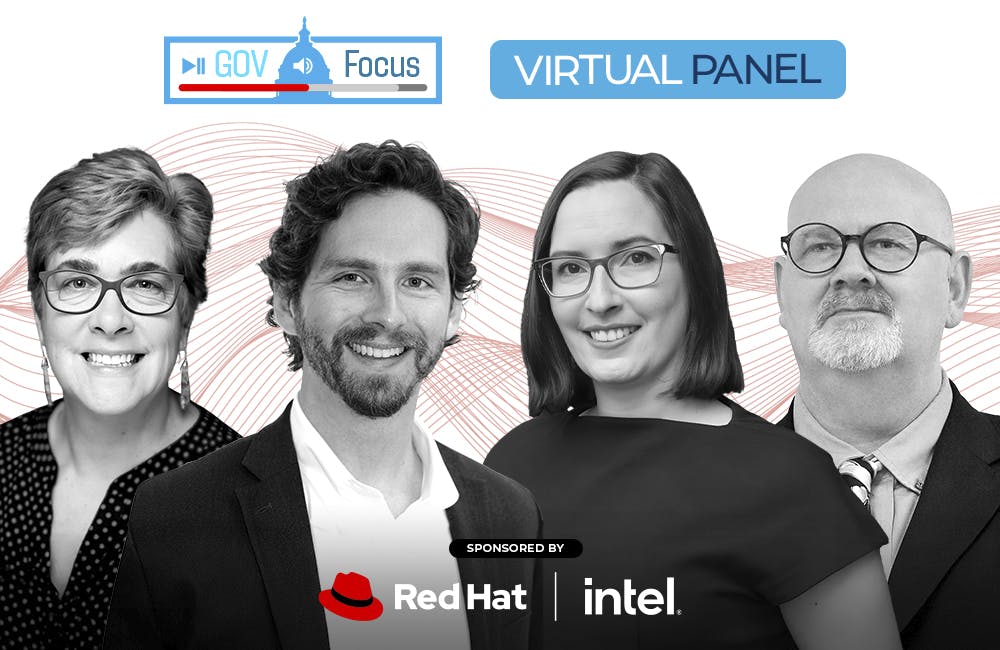
AI Foundations Driving Government Efficiency
Federal agencies are modernizing systems, managing risk and building trust to scale responsible AI and drive government efficiency.
43m watch -

Inside DOD’s Push to Grow the Cyber Workforce Through Academia
Diba Hadi gives her first interview since becoming principal director of the DOD’s Cyber Academic Engagement Office.
15m listen -

Agencies Tackle Infrastructure Challenges to Drive AI Adoption
Federal agencies are rethinking data strategies and IT modernization to drive mission impact and operational efficiency as new presidential directives guide next steps.
5m read Partner Content -

Generative AI Demands Federal Workforce Readiness, Officials Say
NASA and DOI outline new generative AI use cases and stress that successful AI adoption depends on strong change management.
6m read -

The Next AI Wave Requires Stronger Cyber Defenses, Data Management
IT officials warn of new vulnerabilities posed by AI as agencies continue to leverage the tech to boost operational efficiency.
5m read -
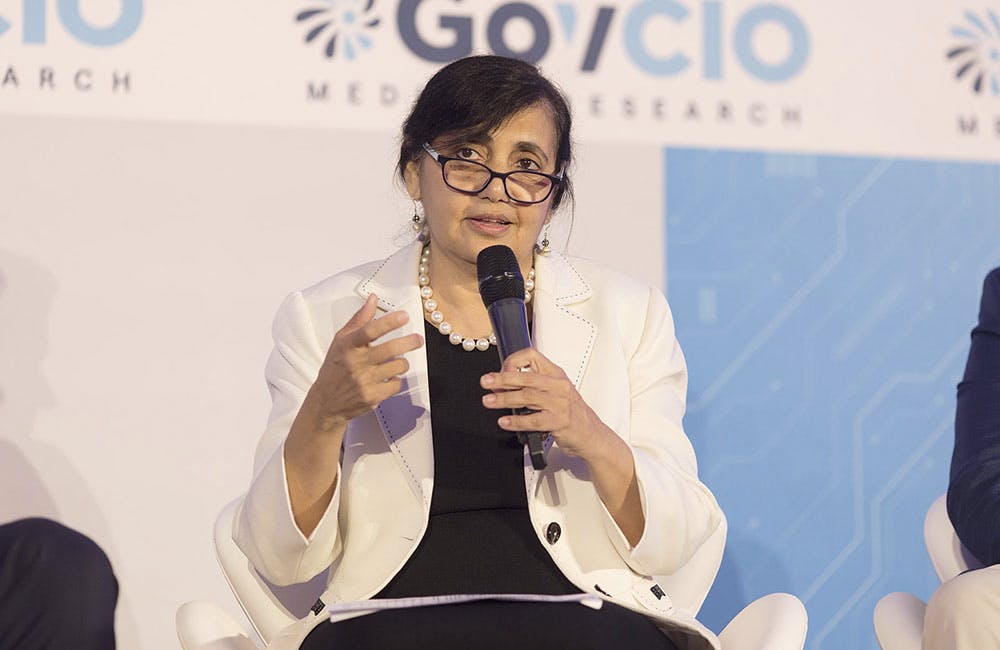
Federal CIOs Push for ROI-Focused Modernization to Advance Mission Goals
CIOs focus on return on investment, data governance and application modernization to drive mission outcomes as agencies adopt new tech tools.
4m read -
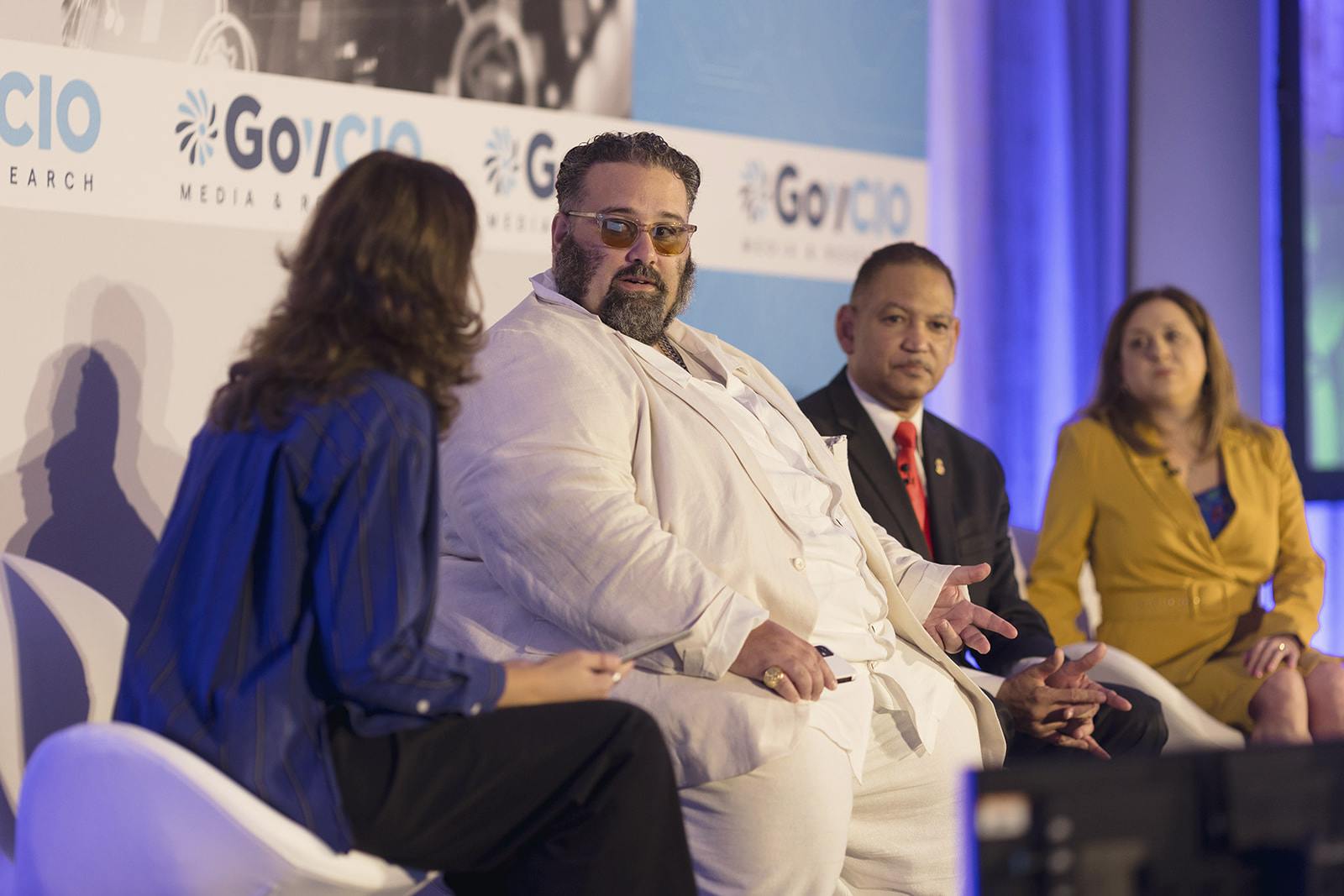
Fed Efficiency Drive Includes Code-Sharing Law, Metahumans
By reusing existing code instead of rewriting it, agencies could dramatically cut costs under the soon-to-be-enacted SHARE IT Act.
5m read -
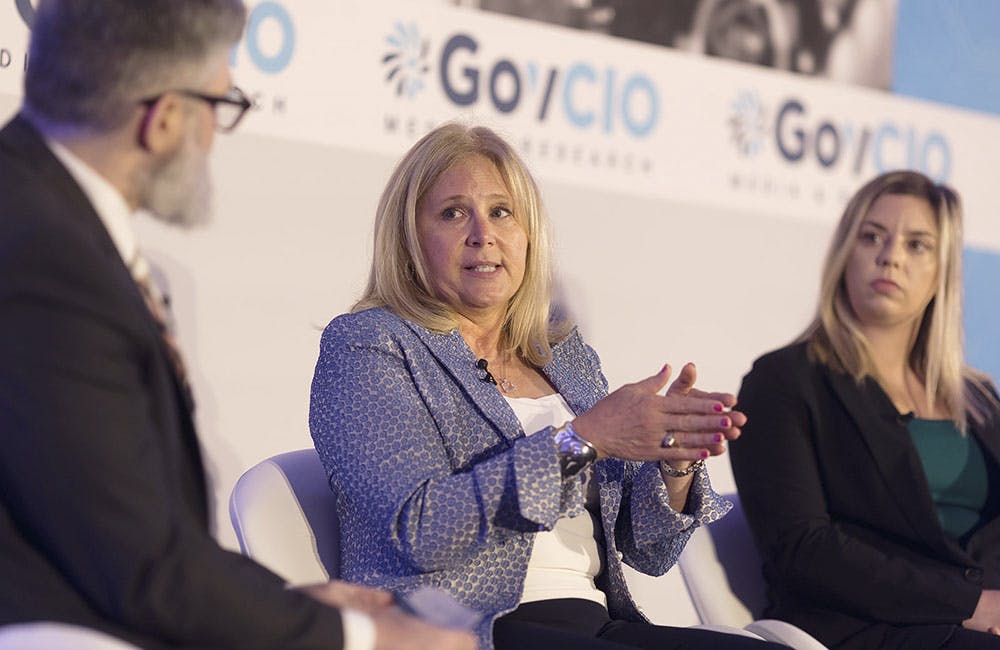
Agencies Push Data-Driven Acquisition Reforms to Boost Efficiency
New initiatives aim to increase visibility of agency spending, improve data quality and create avenues to deploy solutions across government.
5m read -

Data Transparency Essential to Government Reform, Rep. Sessions Says
Co-Chair of the Congressional DOGE Caucus Rep. Pete Sessions calls for data sharing and partnerships to reduce waste and improve efficiency.
5m read -

DOD Turns to Skills-Based Hiring to Build Next-Gen Cyber Workforce
Mark Gorak discusses DOD’s efforts to build a diverse cyber workforce, including skills-based hiring and partnerships with over 480 schools.
20m listen
















